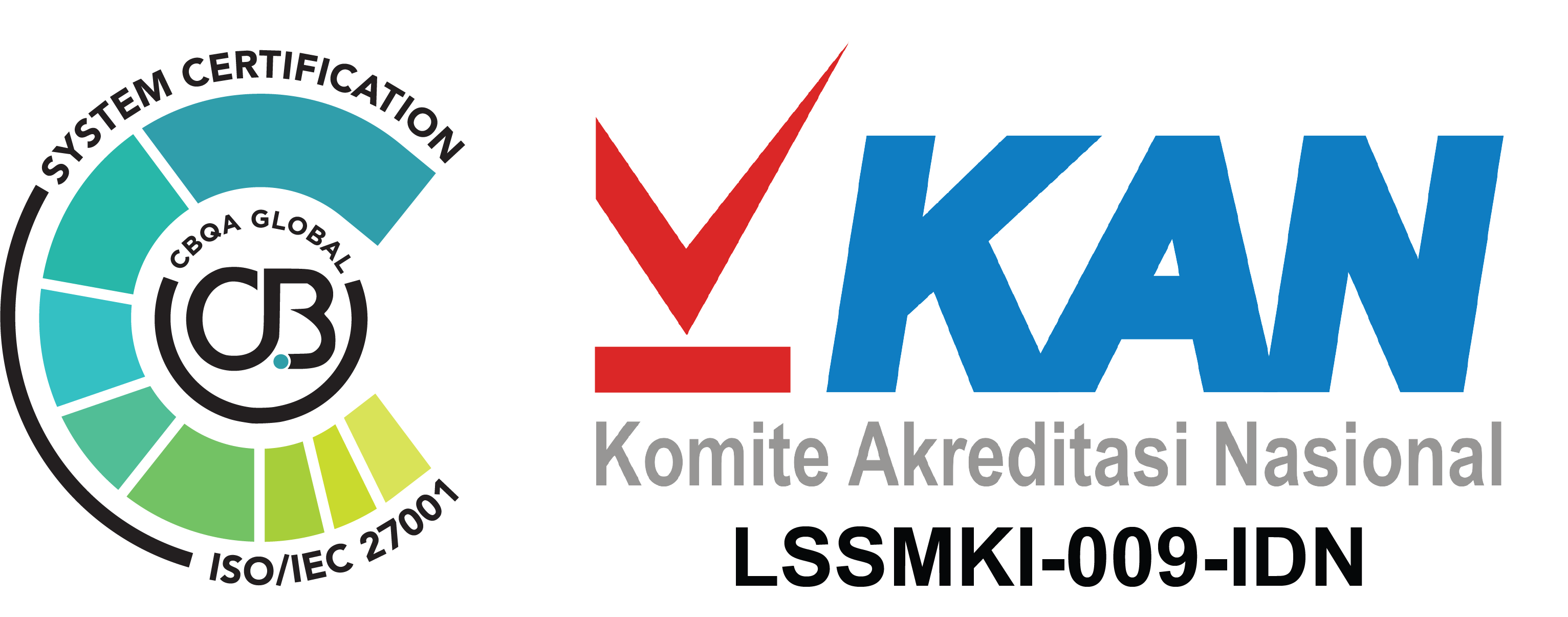-GOVERNMENT BONDS-
Cadev Supports Bond Market Early Week. The 10-year SUN yield fell 3.8 bps to 6.91%, in line with the strengthening of rupiah exchange rate. Market players responded positively to Indonesia’s foreign exchange reserves (cadev) at the end of August 2020 amounting to USD 137 billion, an increase compared to the previous month of USD 135.1 billion. With an increasing cadev position, it provides BI room to stabilize the rupiah exchange rate. Cadev Indonesia in August 2020 managed to score the highest record since January 2018 amounting to USD 132 billion. Another positive sentiment came from externals, namely the release of China’s August trade data. China as Indonesia’s main trading partner, recorded an increase in exports of 9.5% YoY from July’s position which rose 7.2%. Meanwhile, China’s imports still fell by 2.1% YoY from July’s position of 1.4% YoY. The strengthening of the market at the beginning of the week was also amid awaiting the return of FR0086 and FR0087 offers on the planned SUN auction on Tuesday.
-CORPORATE BONDS-
Pefindo Assigns idAA + Rating for MRT Jakarta. The Indonesian Securities Rating Agency (Pefindo) assigns an idAA + rating for Mass Rapid Transit Jakarta or MRT Jakarta. The prospect of the Jakarta MRT is also stable. Based on Pefindo’s report, an obligor rated idAA only differs slightly from that of the highest. Meanwhile, an obligor with this rating has a very good capacity to meet its long-term financial commitments compared to other obligors in Indonesia. The + sign embedded in the rating indicates that the rating is relatively strong within the rating category. This rating is valid until August 1, 2020. So far, MRT Jakarta has not issued bonds. In other words, this rating is an indication that MRT Jakarta will issue debt securities. According to Pefindo, the rating assigned to MRT Jakarta reflects the very strong support of the DKI Provincial Government for MRT Jakarta, in terms of rail transportation. This provides good long-term growth prospects in terms of passenger volume growth despite the company’s limited track record. (Indonesian Business)
-MACROECONOMY-
Indonesia’s Debt Ratio of 34.53% to GDP. Deputy Minister of Finance said that Indonesia’s debt ratio until the end of August 2020 reached 34.53% of gross domestic product (GDP). On an annual basis, the debt to this ratio has increased compared to the position in the same period of the year at the level of 29.8%. The ratio tends to increase, influenced by, among others, interest rates and the rupiah exchange rate and the increase in the issuance of Government Securities (SBN). In addition, the increase in the debt ratio is also in line with meeting financing needs in line with the widening deficit for handling Covid-19. As for the Presidential Regulation (Perpres) Number 72 of 2020 regarding changes in the posture of the 2020 State Budget (APBN), the government has set a budget deficit of IDR 1,039.2 trillion or 6.34% of GDP. (Investor Daily)
-RECOMMENDATION-
Attractiveness of FR0086 and FR0087. Investors have the opportunity to return to interest in short tenors, amidst the current volatility of the bond market. Market players are scrutinizing the discourse of government intervention in influencing the independence of BI in setting monetary policy. On the other hand, investors are again watching the offers FR0086 and FR0087 amidst the trend of low interest rates. The short tenor liquidity factor is important, amidst the current volatility of the bond market. In nominal terms, both FR0086 and FR0087 are still small, so they are still in line with the government’s absorption trend. Investors can also look at the long tenors FR0083 and FR0076 which are currently in demand by foreign investors. A number of market players are interested in long tenors because they offer high yields amid the current trend of low interest rates.

